Get to know us!
. Meet the partners behind THREADs!
A strong transnational partnership
A partnership of universities, public organisations, municipalities, SMEs, and NGOs from five countries is addressing the complex challenges of the THREADs project. Interested in our work? Contact us!
Kajaani University of Applied Sciences
Over the past 10 years KAMK UAS has developed considerable knowledge in circular economy and climate change mitigation initiatives. KAMK UAS' competences include up-to-date understanding of local waste management sector, including legislation and development of innovative technologies for waste stream handling. We have participated in several projects dealing with circular economy solutions and raising environmental awareness. KAMK UAS has piloted innovative waste management solutions in Finland and could effectively transfer the generated knowledge transnationally. Due to the previous research and extensive stakeholder network we have sufficient knowledge of textile waste sector, its challenges and needs, and we are motivated to utilise the expertise developed in other projects, such as THREAD, SUSWAM, NOWA and other national projects. KAMK’s unique capabilities in project development play an important role in efficient project implementation.
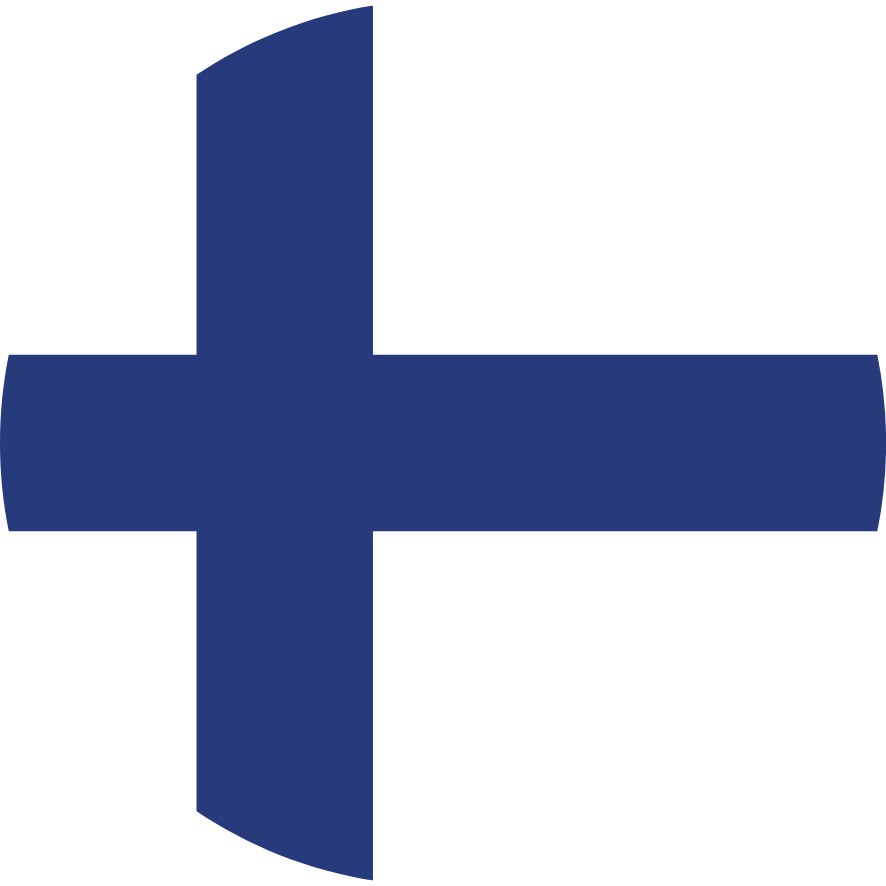
Kiertokaari Ltd
Kiertokaari Ltd. is a municipal waste management company operating in 9 municipalities and serving more than 280,000 residents. We collect end-of-life textiles from our operating area since 2021. In addition, we receive end-of-life textiles from Lapland from the areas operated by Lapeco, Perämeren Jätehuolto and Napapiirin Residuum. We have considerable knowledge on the quality of collected textiles, challenges of organising textile collection and sorting. We receive approximately 200,000 kg of unsorted textile per year. About 30% of the material arriving at Kiertokaari textile sorting center is classified as end-of-life textiles, but less than 5% of that is eligible for mechanical fiber recycling. Kiertokaari provides training and employs people especially who face employment problems for textile sorting activities. Manual textile sorting is of high quality, but expensive and time-consuming. The largest costs of textile operations currently come from the workforce and training. Our goals are to improve the quality of the collected end-of-life textiles & improve the efficiency of textile collection & sorting while bringing the added value to the people involved in sorting processes.

The Municipality of Kittilä
Participating in THREADs project promotes all values in line with the municipal strategy: Nature, Humanity, Hospitality, and Pioneering. In Kittilä, the municipality offers residents an operating environment for implementing circular economy thinking and material circulation. The municipality provides residents in need with coaching support and operating environment for activities that promote work ability & functional capacity. The municipality offers 700–800 seasonal workers moving to Kittilä every year an ecological alternative to furnishing temporary housing. Kittilä has made steps towards development of textile waste collection and sorting in previous projects. In 2023, a total of 7700 kilos of end-of-life textiles was collected, of which 2865 kilos were collected at Kittilä recycling center. The recycling center also acquired a heated office container for textile sorting. Kittilä has knowledge & experience about waste collection, sorting & development of social enterprise models. Kittilä municipality is targeted to improve the quality of the collected textiles, improve the efficiency of local textile collection & sorting while developing a new model of social inclusion.

Remiks Husholdning AS
Remiks is a waste management company that collects, handles, and processes waste in Northern Norway. The company provides waste solutions for businesses and carries out legal obligations through the collection of household waste in Tromsø and Karlsøy municipalities. As of 2024 there is no system in place to handle textile waste. Remiks is fully owned by Tromsø and Karlsøy municipalities.The company also operates outside the Tromsø region through its subsidiaries, including Arctic Waste Management (liquid waste), Alta Fjernvarme (treatment of wood), Rå Biopark (largest environmental technology project in Northern Norway, where waste is converted into carbon-neutral biogas), Origo Skibotn (composting organic waste), & Avfallsmegling Nord (logistics and brokerage services). As a waste management actor in Norway, Remiks is concerned that municipalities are unprepared for collecting textiles suitable for reuse and material recycling by 2025, in compliance with Norwegian law. Remiks' motivation for participating in THREADs is to increase the knowledge about utilizing textile waste as a material stream in the region and explore other opportunities.
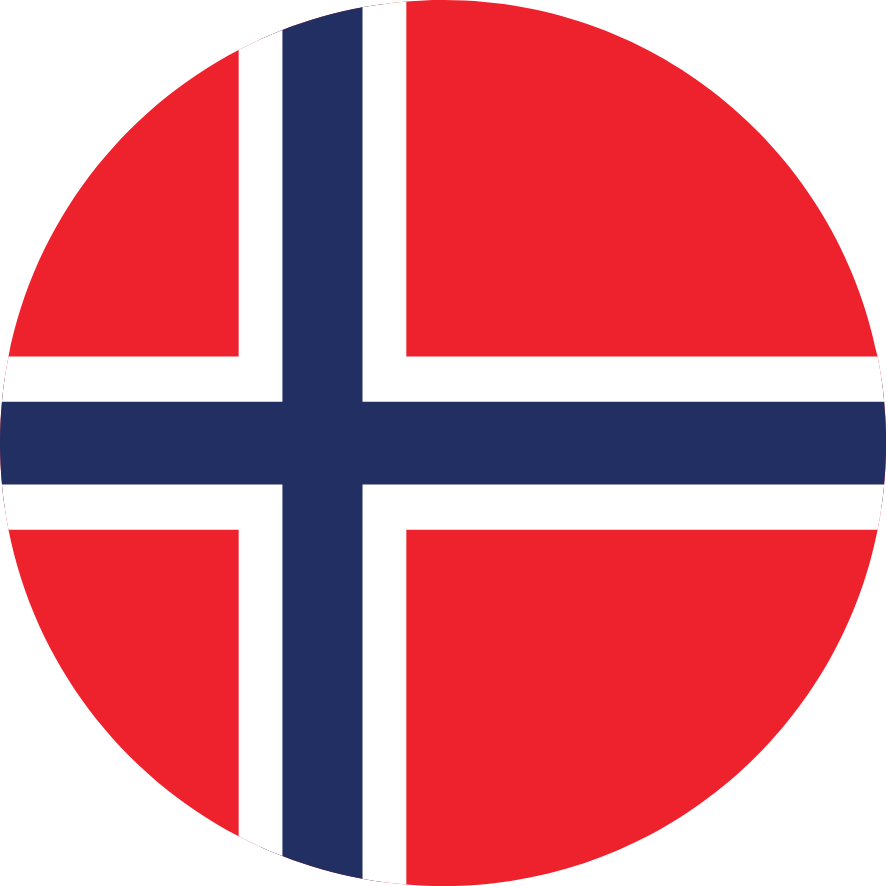
Western Development Commission
The WDC is a statutory body that was established to promote social and economic development in the Region. It manages the WDC Investment Fund, which provides loans and equity to businesses and local communities in the region. Our vision is to work collaboratively to promote our region at a global level and to identify, analyse and seek to mitigate and overcome the challenges at a regional level to ensure vibrant, connected communities. The WDC has engaged in almost €30M in EU funded projects in the last decade - giving it the skill and capacity to deliver on project commitments. The WDC has worked on EU funded projects related to Sustainability and the circular economy(CE). Examples are in "Blue circular economy" in the NPA programme and in the current CIRCNETS project which follows on from it. As a regional body under the aegis of a Government department, the WDC has the ability to engage with national as well as regional agencies and stakeholders. The WDC adds value and regional focus to the work of national bodies, and actively engages with regional interests to initiate projects that build on the region’s strengths and addresses its weaknesses.
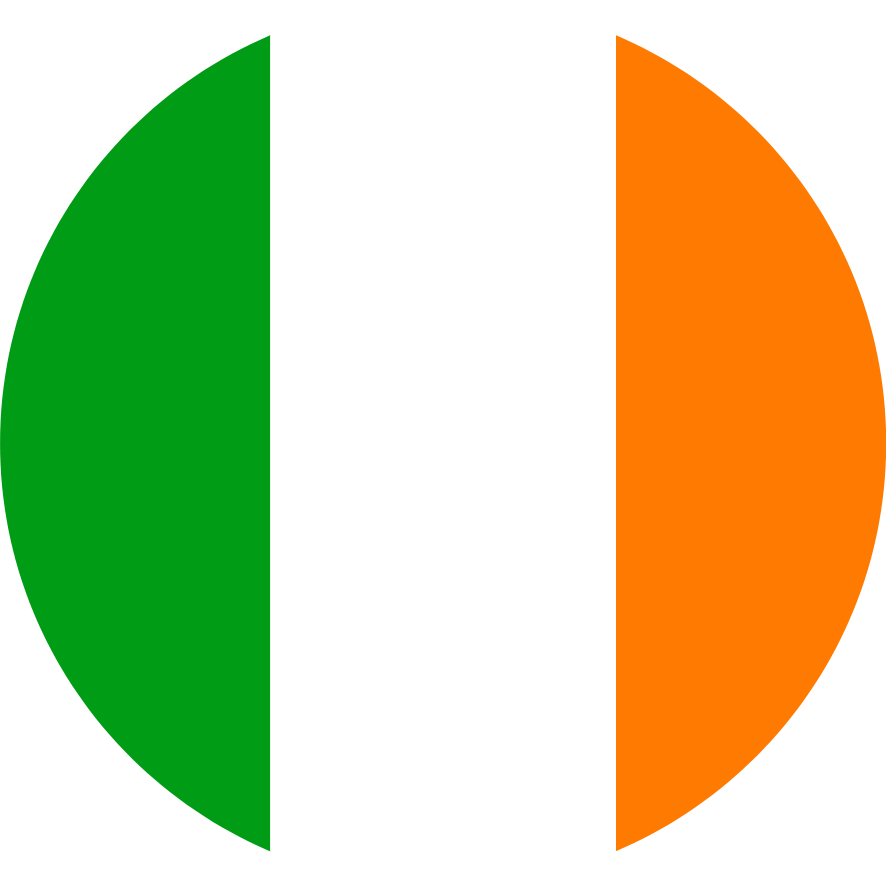
University of Borås
The University of Borås (UoB) has a national mission for textiles and fashion within higher education and research as well as for collaboration and innovation. The combined environment for education and research takes place within the Swedish school of Textiles and for collaboration and innovation within Science Park Borås (SPB). Bachelor's and master's courses as well as research in textile management, textile technology and textile and fashion design take place within the Swedish school of Textiles. Both separate parts of UoB. The Swedish government has given UoB the task of establishing and leading Textile & Fashion 2030 – the national platform for sustainable fashion and sustainable textiles, and the work is performed by SPB. Within SPB, a number of projects are taking place for a circular transition for the textile and fashion industry. In the fall of 2023, SPB received the assignment from Vinnova to lead the System Demonstrator project for a sustainable textile system. SPB's (UoB) role in the project is to provide training materials ensuring a holistic perspective with insight into both technological development and state of the art technology, consumption behaviors and new circular business models to EU policy and new EU regulations.
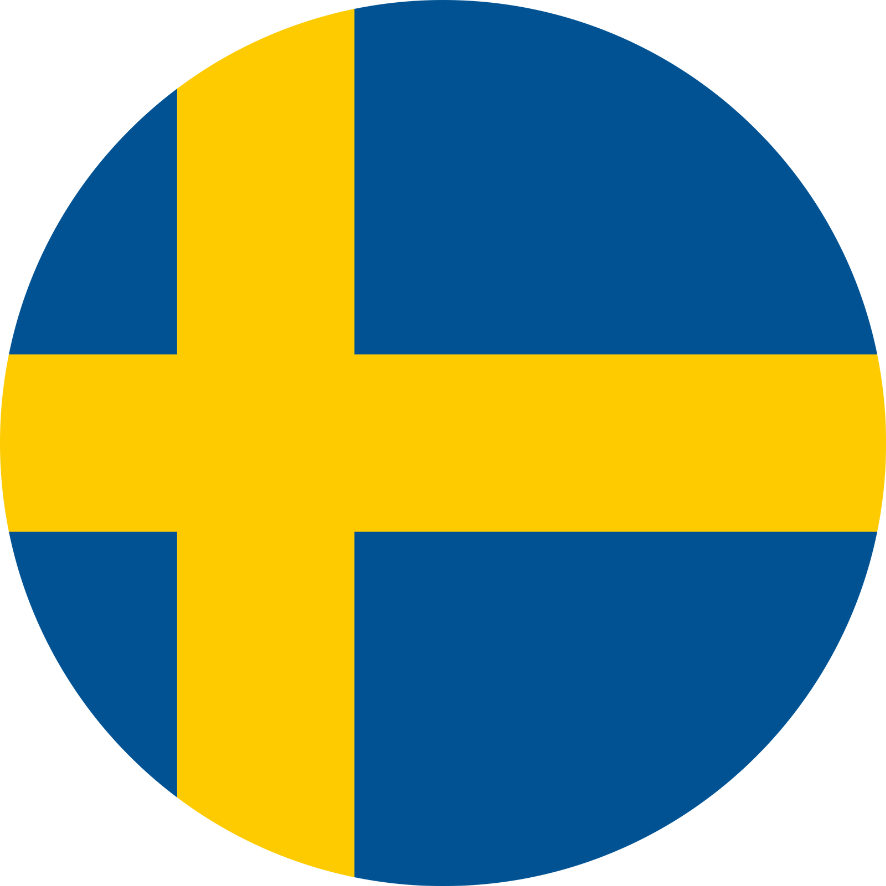
Technological University of the Shannon, Forge Design Factory
TUS, Forge Design Factory, an initiative of the Technological University of the Shannon is an an interdisciplinary product design and learning hub uniting students, teachers, researchers, and industry. Our expertise includes; Fashion Design, Textile Design, Interior Design, Ceramics, Product Design, Architecture, Polymer Technology and Engineering, Interdisciplinary Design, Design For Sustainability and the Circular Economy, Data Design, Visual Communications and Enterprise development for Creative Industries. TUS supports design professionals in their design directory network and engages all stakeholders in workshops, up-skilling and designing events. We are part of a global network of Design Factories and collaborate with our Regional Universities Network RUN EU on joint projects, research and programme development. We have experience in project management, event coordination, and presentation of research at Conferences and Seminars.

Icelandic Textile Center - Textílmiðstöð Íslands
The Textile Center is a creative hub and research institution located in Northwest Iceland. We have been working on research projects and long-term collaborations that include both national and international partners since 2012. Our focus is on education, innovation and sustainable production in the field of textiles. In 2021, we opened the first TextileLab in Iceland, a unique makerspace and educational platform for makers, scholars and entrepreneurs in textile and product design. We are welcoming students and craftspeople from all around the world and are placing an emphasis on exploring local materials, re- and upcycling, design thinking and product design in accordance with the principles of a circular economy. The Textile Center employs experts in education, digital equipment and both traditional handcrafts and textile innovation. In recent years, we have built a strong network of partners in Iceland and internationally, including creative hubs in Europe and FabCity Hub network. The Icelandic Textile Center will participate in data collection regarding textile waste and waste collection and usage in Iceland. We will organise outreach events and workshops to educate makers with the skills and resources to re-imagine, design and re-craft textile resources. Makers will be able to access our TextileLab and work with innovative textile equipment at the Textile Center. It is one of our main aims within the project to equip craftspeople with new knowledge regarding the possibilities of up- and recycling. Long term, we want to create incentive for new textile production in Iceland and influence sustainable industry change and consumer behaviour.

Luleå Miljöresurs AB - Lumire
Lumire, Luleå Miljöresurs AB, is a municipal company for water and sewage, waste management, recycling and reuse. We are 200 employees who ensure that all Luleå residents have fresh and tasty drinking water in the tap and that waste and sewage are taken care of in a circular way. By coordinating water and waste issues in the same company, we are a strong player in sustainable environmental technology and community building. At our recycling centers we collect both whole and broken textiles. The whole and clean textiles are sold in one of our stores or alternatively go to our partners - such as textile craft teachers, etc. Lumires motivation for participating in the project is to learn from others in the same situation, increase the knowledge about utilizing textile waste as a material stream in the region. Lumire is interested in develope regional opportunities for collecting textiles suitable for reuse and material recycling by 2025, in compliance with Swedish law. Lumire's goal in the project is to acquire new knowledge, share own experiences, problems and jointly tackle the challenges with other interested parties in northern part of Scandinavia.

Lapeco Ltd - Joint Municipal Authority for Waste Management in Lapland
In accordance with the Waste Act, Lapeco is responsible for the treatment of municipal waste generated in housing and municipal service activities in Lapland. Lapeco is also responsible for organising the collection of end-of-life textiles in Lapland. Lapeco is cooperating in textile collection, sorting and processing with Kiertokaari, who is a project partner. All textile waste collected in Lapland is transported to Kiertokaari's site in Oulu for further sorting. The involvement of Lapeco in the project facilitates organising the smart waste logistics (including waste sensors) and enables collection of accurate waste data. Lapeco will be involved in developing a joint strategy/action plan for handling of textile waste in the NPA region.

Listaháskóli Íslands - Iceland University of the Arts
The role of Iceland Univeristy of the Arts is to collaborate with the ITC and fashion and design students from the University on textile waste focused projects. This includes material experiments and workshops on textile lifecycles, innovation in product design and circular economy.

Myndlistaskólinn í Reykjavík - The Reykjavík School of Visual Arts
The role of The Reykjavik School of Visual Arts is to collaborate with the ITC and textile design students from the School on textile waste focused projects. This includes material experiments and workshops on textile lifecycles, innovation in product design and circular economy.

Southern Region Waste Planning Office
There are three Regional Waste Planning Offices in Ireland: Connacht-Ulster, Eastern Midlands and Southern. The Southern Region comprises 10 local authorities areas: Carlow, Clare, Cork City, Cork County, Kerry, Kilkenny, Limerick, Tipperary, Waterford and Wexford. The Regional Waste Planning Offices are at the forefront of enabling Ireland’s transition to a circular economy. As part of this work the office leads on implementation of national policy areas such as food waste, single use plastics and textiles. Most recently and of interest to the THREADs project the Southern Region Waste Management Office has led the national Working Group on exploring post-consumer textiles in Ireland. A sectoral position paper on textile reuse & disposal has also been prepared by the office and submitted to Department of Environment , Communications & Climate Action.

Nakertaja-Hetteenmäki Village Association
Nakertaja-Hetteenmäki Village Association is coordinating the recycling center Entrinki that is responsible for textile waste collection in Kainuu region. Moreover, Entrinki recycling center is organising social inclusion activities by engaging disadvantaged groups in textile waste sorting. The associated partner has considerable experience in social enterprise activities that can be shared transnationally. Entrinki is interested in sharing own best practices & challenges in textile waste sorting as well as learning new business models and how to develop and upscale social enterprises.

Miljøstyrelsen - The Danish Environmental Protection Agency
The Danish Environmental Protection Agency is coordinating The Nordic Textile Collaboration which is a collaboration between Denmark, Finland, Norway and Sweden, funded by the Nordic Council of Ministers. The Nordic Textile Collaboration project addresses the common environmental and climate challenges associated with the rising consumption of textiles in the Nordic countries. Thus, the goals of Nordic Textile Collaboration and THREADs are well aligned, potentially complimenting each other. Both projects are targeted to support the transition towards a circular textile economy, reduce textile overconsumption, promote collection, sorting, reusing & recycling of textiles. The Nordic Textile Collaboration possesses considerable knowledge that can be shared transnationally in the THREADs. Due to the fact that The Nordic Textile Collaboration project ends in December 2024, THREADs provides the possibility to capitalise on the knowledge generated previously as well as ensure the sustainability of results by developing them further and expanding to the new territories.
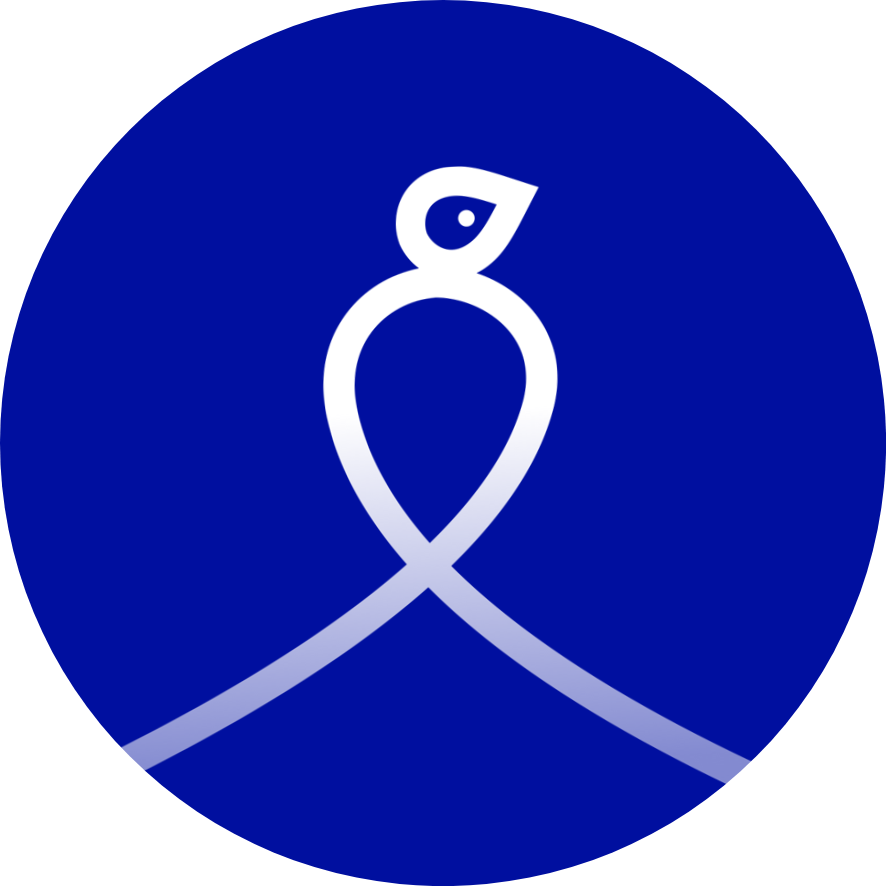
University of Lapland
University of Lapland has extensive knowledge on the topics of textile circularity, design for circularity, sustainable design. Therefore, University of Lapland is in a position to advise and steer the project partners on the project activities and overall project implementation. The possibility to discuss the involvement of the University of Lapland into the student challenge (WP2) are discussed.

Society of St. Vincent De Paul
Society of St Vincent De Paul will make a strong contribution to the project due to their knowledge and expertise in the areas such as post-consumer textile sorting, working with minority groups, donation systems for those who are in need, dealing with licenced clothing exporters.

Red Cross Iceland
The involvement of Red Cross adds significant value to the project in terms of achieving the project goals. Red Cross Iceland facilitates the access to textile waste for experimentation of recycling and upcycling. Moreover, it contributes to the analysis of the textile waste market in the NPA area.

